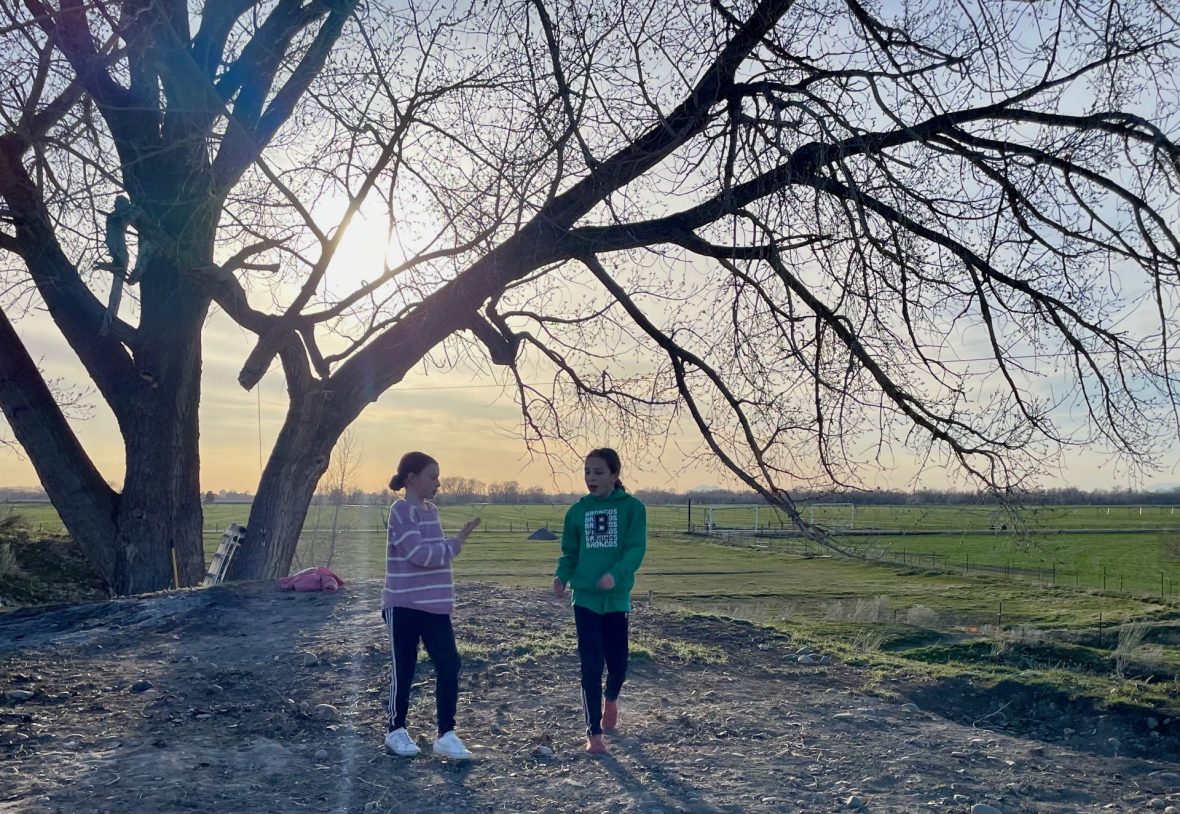I recently peeled a crusty peanut butter and jelly sandwich off the carpet in our 9-year-old’s bedroom.
The flaky chunk was under her bed, hard and out of view during routine cleanings for at least a few weeks.
Our 9-year-old blamed our 3-year-old, who blamed our 12-year-old and anyone in sight before confessing.
Sort of. She called it an “accident,” her go-to when the chisel falls. (It was an “accident” when she got caught poking her 8-month-old brother’s nose and making him cry.)
As the little gem under our daughter’s bed shows, helping our kids keep their rooms and other spaces clean requires some focus and structure.
Our structured approach:
- Devote some time for cleaning (typically Saturday).
- Clean or get grounded until kingdom come — no ifs, ands or accidents.
It might sound harsh, but between you, me and that crusty peanut butter and jelly sandwich, cleaning isn’t something we can just leave to our kids. It takes structure — OK, and a little coercion — to get the brooms moving and vacuum humming.
That’s because our kids will do anything — change the subject, change their clothes, find a rock to climb under — before they clean stuff.
And with five kids home for the summer, stuff needs cleaned.
Our kids require a structure in areas beyond cleaning. Whether it’s chickens to feed, sports to play or equations to solve, we’ve found they do better when parameters are set and expectations are communicated.
Our summertime reminder of how important all of this is: watching how quickly they flock to the TV or other devices when left to their own devices.
So we do what parents do. We limit their screen time and require outdoor time or art time or whatever time. We make rules. We structure.
And then they get even more of it at school when they do their assignments and form lines for lunch, recess and the bus.
But not all parents and educators buy these structured approaches, and there’s a whole educational philosophy behind them.
“Unschooling Is The Parenting Trend That’s Pissing Everyone Off,” a recent Rolling Stone headline reads.
Unschooling is simply letting children direct their own learning, according to U.S. News and World Report. It draws upon a “child’s innate curiosity and desire to learn … students do not attend school and do not follow any set of homeschool curriculum.”
If a kid wants to catch bugs, they catch bugs. If they want to draw or chase clouds, they draw or chase clouds. No structured math or science assignments. Just the kid, their environment and whatever they want to do — or not do.
But as the Rolling Stone article points out, letting kids do whatever they want all day can be a problem for learning and developing. How do you ensure they learn to read if they just want to catch frogs or play Mario? How do you align what they learn with jobs built for modern, complex economies?
And what about a potential lack of social interaction for kids at home just chasing clouds?
Maybe I’m steeped in the world of more traditional education. It took my wife about two seconds to dismiss unschooling as a poor fit for our family.
But then we kept talking about it and saw glimmers of value in the unorthodox approach, even elements that are woven deeply into our kids’ lives.
Consider our routine visits to my wife’s family’s farm, a few miles from our house. It’s where our kids can get lost in a field, climb trees, catch water skippers or just … chase clouds.
Over the years, they’ve found deep meaning at the farm. It’s where they were introduced to livestock, where they learned their limits playing in the cold Idaho winters, where they honed their swimming skills splashing in the pond behind grandma’s house.
We could say the same about some unstructured Saturdays at our place when we let the kids do whatever, and then they surprise us with an impressive painting or a structure built out of Legos.
In the world of unschooling, you might call these things self-directed learning. In our world, we call them play, and, after some reflection, they have played a vital part in our kids’ lives after all.
So it turns out unschooling has been a useful approach for our kids. It’s just one that, like so many aspects of parenting, we’ve found requires balance. For us, that comes in the form of a good old day on the farm, scraped knees and all, followed by a good old structured night of homework.
Or Saturday cleaning underneath our beds.
How do you find balance between structuring your kids’ lives and letting them do what they want? Email me at [email protected].


